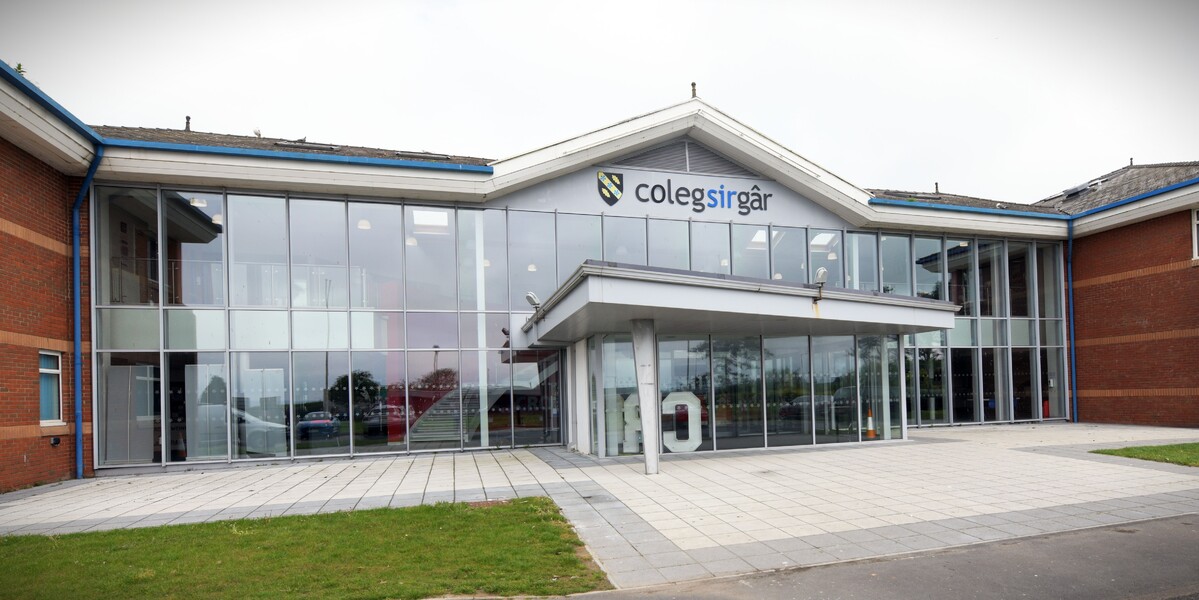Welsh hospitality fears 'tourist tax' would deter visitors as staycation demand slows
A proposed tourism tax on overnight stays in Wales would deter visitors at a time the “staycation boom” already appears to be waning, hospitality industry leaders have said.
The warning comes after the Senedd this week confirmed it will go ahead with changes to the way holiday lets are taxed – which the Welsh Tourism Association (WTA) said means “businesses will die”.
Ministers are also proposing a tourism tax on overnight stays, which the Welsh Parliament will consult on this autumn.
Adrian Greason-Walker, former executive director of the WTA and now its policy adviser, said the tax would send the “wrong message” to customers hit by the rising cost of living.
He added: "I know [the Senedd] have said the tax would come in in a few years time, but it will certainly have a double impact. It’s a bed tax. If it looks like one, and smells like one, it is one. It is something that we do not welcome at the moment.”
The Welsh government has said the tourism levy would generate much-needed income for local authorities to spend on infrastructure and maintaining the beaches, toilets and pathways tourists use.
But David Chapman, executive director for trade body UKHospitality Cymru, said the tax could put tourists off booking holidays in Wales.
“The hospitality industry is united against these proposals,” he said. “Businesses fear it will deter visitors already feeling the pinch of the cost of living crisis.”
Neil Kedward is managing director of Welsh hospitality group the Seren Collection, which owns sites including the Grove of Narbeth hotel and the Coast restaurant in Saundersfoot.
He told The Caterer that “decision makers need to reflect on whether this is the right time to push such a controversial proposal through”. However, he is worried that the proposed tax is “a done deal” and that operators’ “legitimate concerns are not being listened to”.
“Businesses are still emerging from the covid crisis, inflation is out of control and the economic outlook is poor with a global recession on the horizon,” said Kedward.
“It is only going to get tougher as household disposable incomes are increasingly squeezed with energy prices set to rise again in the autumn, and further pressure on inflation. The staycation boom, I would say, might already be over before there was any real sustainable momentum established."
Kedward is concerned that businesses would “end up absorbing” the costs of a tourism levy in order to “avoid any negative response or ill feeling on departure” from guests.
“The optimists out there, including myself, might have thought that we might be entering a golden age for tourism in the UK, but it doesn’t feel quite like that now," he said.
A Welsh Government spokesperson said: “The careful process of developing proposals for a visitor levy, translating them into legislation, and then into delivery and implementation spans years, and will be subject to approval by the Senedd.
“Visitor levies are commonplace across the world, with revenues used to the benefit of local communities, tourists and businesses. We will take all views on board as part of the consultation process this autumn.”















